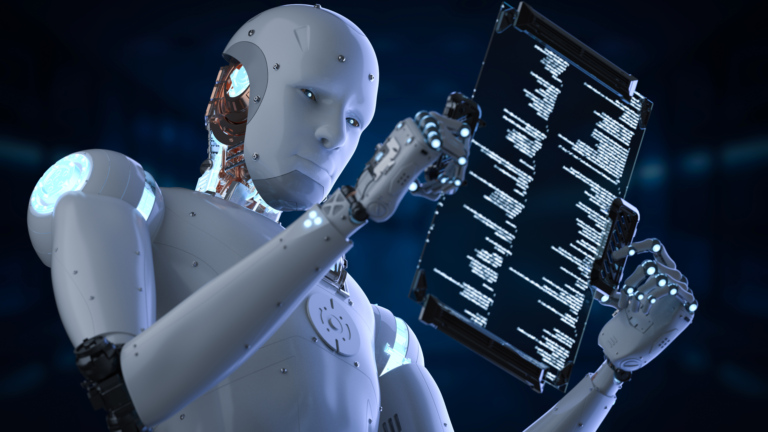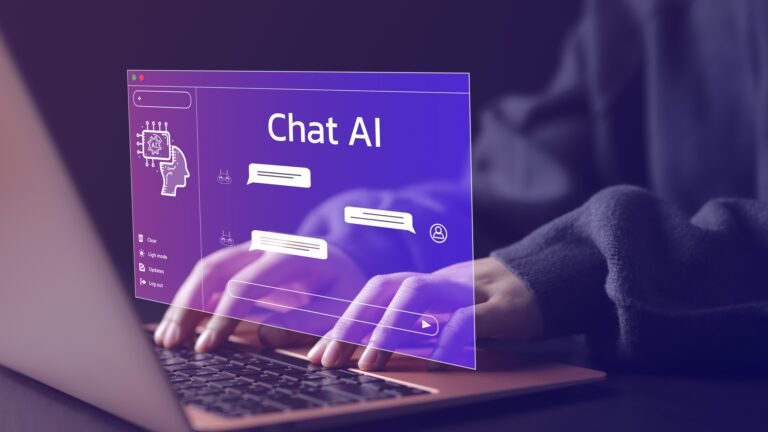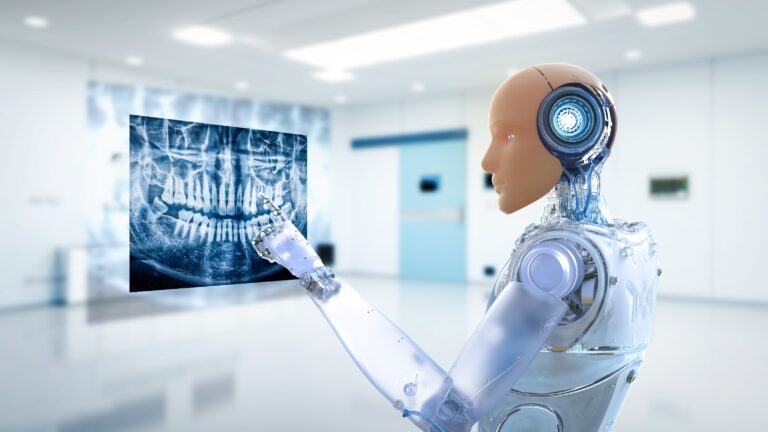Artificial Intelligence, ML, & Predictive Analytics: Key insights
In today’s rapidly evolving technological landscape, buzzwords like Artificial Intelligence (AI), Machine Learning (ML), and Predictive Analytics often dominate discussions. These terms are frequently used interchangeably, but they are not the same. Each serves a unique purpose and possesses distinctive attributes. In this blog, we will delve into the world of AI, focusing on its key aspects and highlighting its role in shaping the future.
For a deeper dive into how AI is empowering growth business and security with next-generation technology, head over to our blog.
Understanding Artificial Intelligence (AI)
Artificial intelligence is a large subject of computer science dedicated to developing systems that can perform activities that normally require human intelligence. These activities span from interpreting natural language and recognizing patterns to problem-solving and decision-making.
AI's Breadth and Versatility
AI is a broad umbrella term that encompasses many subfields such as robotics, computer vision, natural language processing, and expert systems. It drives applications such as virtual personal assistants (such as Siri and Alexa), self-driving cars, and even healthcare diagnostics.

Machine Learning: A Subset of AI
Artificial Intelligence (AI) includes Machine Learning (ML). It entails the creation of algorithms that allow computers to learn from data and make predictions or judgements based on it. ML is an important component of AI since it allows machines to improve their performance over time through experience.
The Role of Machine Learning (ML) in AI
Machine Learning plays a pivotal role in AI’s success. It’s the engine that enables AI systems to adapt and evolve. Here are some key aspects of ML:
Data-Driven Learning
ML models rely on a large amount of data. They learn patterns and create predictions by analyzing large amounts of data. The accuracy and usefulness of ML algorithms are heavily influenced by the quality and quantity of data.
Supervised vs. Unsupervised Learning
There are two types of learning in the area of machine learning: supervised and unsupervised. Supervised learning is the process of training models on labelled data so that they can make predictions or classifications. Unsupervised learning, on the other hand, seeks out patterns in unlabeled data.

Predictive Analytics: A Practical Application of Machine Learning
Predictive Analytics, as the name implies, is concerned with forecasting future events or patterns based on historical data. It is a practical application of machine learning that is widely employed in a variety of sectors. Here is a more in-depth look into Predictive Analytics:
Business Applications
Predictive Analytics is a game changer in the corporate sector. It is used to estimate customer attrition, revenue forecasting, risk assessment, and much more. Companies, for example, utilize it to identify consumers who are likely to unsubscribe from a service so that preemptive actions can be taken to retain them.
Healthcare Advancements
In healthcare, predictive analytics is also making tremendous progress. It is used to forecast disease outbreaks, identify individuals at risk of developing particular illnesses, and optimize treatment approaches based on individual patient data.

The Intersection: AI, ML, and Predictive Analytics
While Artificial Intelligence (AI), Machine Learning (ML), and Predictive Analytics are independent concepts, they frequently interact, resulting in tremendous synergy. Here’s how they collaborate:
Enhanced Decision-Making
AI systems can make data-driven decisions in real time, thanks to ML algorithms and Predictive Analytics. In the financial sector, for example, AI-driven computers may analyze market patterns (Predictive Analytics), make investment choices, and execute trades without the need for human participation.
Personalization
Have you ever wondered how streaming services like Netflix recommend shows to you? This is the outcome of AI-driven customization, which uses machine learning (ML) to analyze your watching behaviors (Predictive Analytics) and recommend content based on your tastes.
The Future of AI: Where is it Headed?
As AI continues to evolve, we can anticipate several exciting developments:
Artificial Intelligence in Healthcare
AI will play a larger role in healthcare, assisting with diagnosis, drug development, and personalized treatment plans. This will result in more precise diagnoses and improved patient outcomes.

Autonomous Systems
Autonomous systems will proliferate throughout industries, from self-driving automobiles to fully automated manufacturing processes. To make real-time choices, these systems will rely largely on AI and machine learning.
Natural Language Understanding
AI will improve its understanding and generation of human language. This will allow for more sophisticated virtual assistants and better customer service chatbots.
Ethical Considerations
As AI grows more embedded into our lives, ethical concerns about its use will become more significant. In the coming years, ensuring that AI is used properly and ethically will be a major concern.
Conclusion
In conclusion, Artificial Intelligence (AI), Machine Learning (ML), and Predictive Analytics are pivotal technologies shaping our rapidly evolving technological landscape. AI, a broad field, focuses on creating systems emulating human intelligence across various domains. Machine Learning, a subset of AI, enables computers to improve performance and make predictions based on data. Predictive Analytics, a practical application of ML, forecasts future events or trends based on historical data, revolutionizing industries from business to healthcare.
In this dynamic landscape, IBU Consulting stands at the forefront, providing exceptional IT services. IBU Consulting specializes in harnessing the potential of AI and ML, tailoring innovative solutions to meet unique business needs. Their expertise ensures businesses leverage the power of cutting-edge technology for growth, efficiency, and a competitive edge. As Artificial Intelligence continues to redefine the future, responsible and ethical use of these technologies remains a core focus, ensuring a brighter and more sustainable tomorrow.
Frequently Asked Questions (FAQs)
In artificial intelligence (AI), computer systems can make decisions, recognize patterns, and understand languages, tasks that are typically performed by humans.
In AI, machine learning (ML) refers to the creation of algorithms that enable computers to improve their performance over time, without having to explicitly program them.
The goal of predictive analytics is to forecast the future based on historical data and machine learning. Among its many benefits, it helps businesses forecast sales, assess risks, predict customer churn, and more.
The interplay between AI, Machine Learning, and Predictive Analytics often enhances decision-making and personalization. Data-driven decisions are made by AI systems by using machine learning algorithms and insights from prediction analytics.
A prominent role for AI in healthcare will be to diagnose patients and discover drugs, as well as to proliferate autonomous systems in various industries, improve natural language understanding, and increase ethical considerations.
